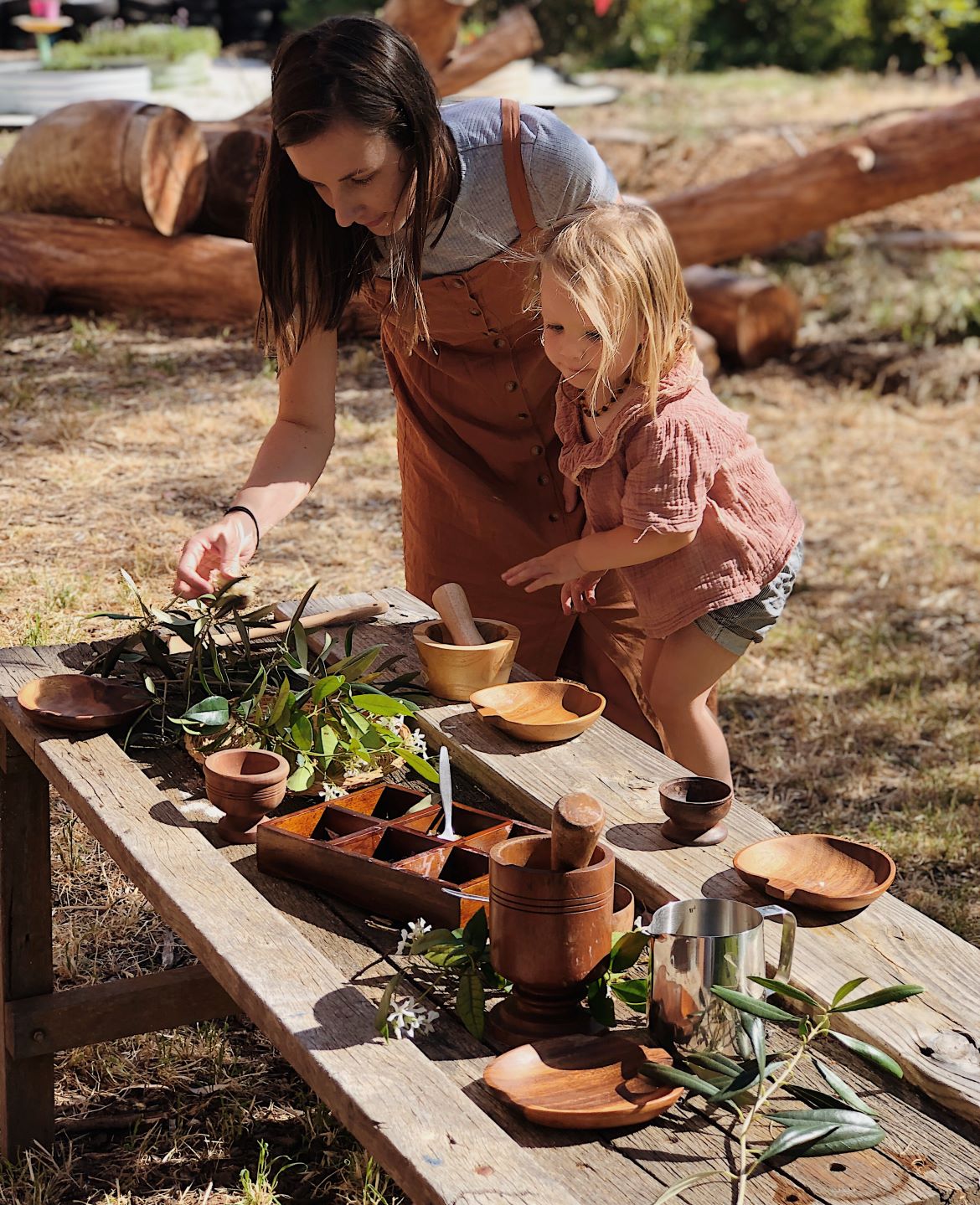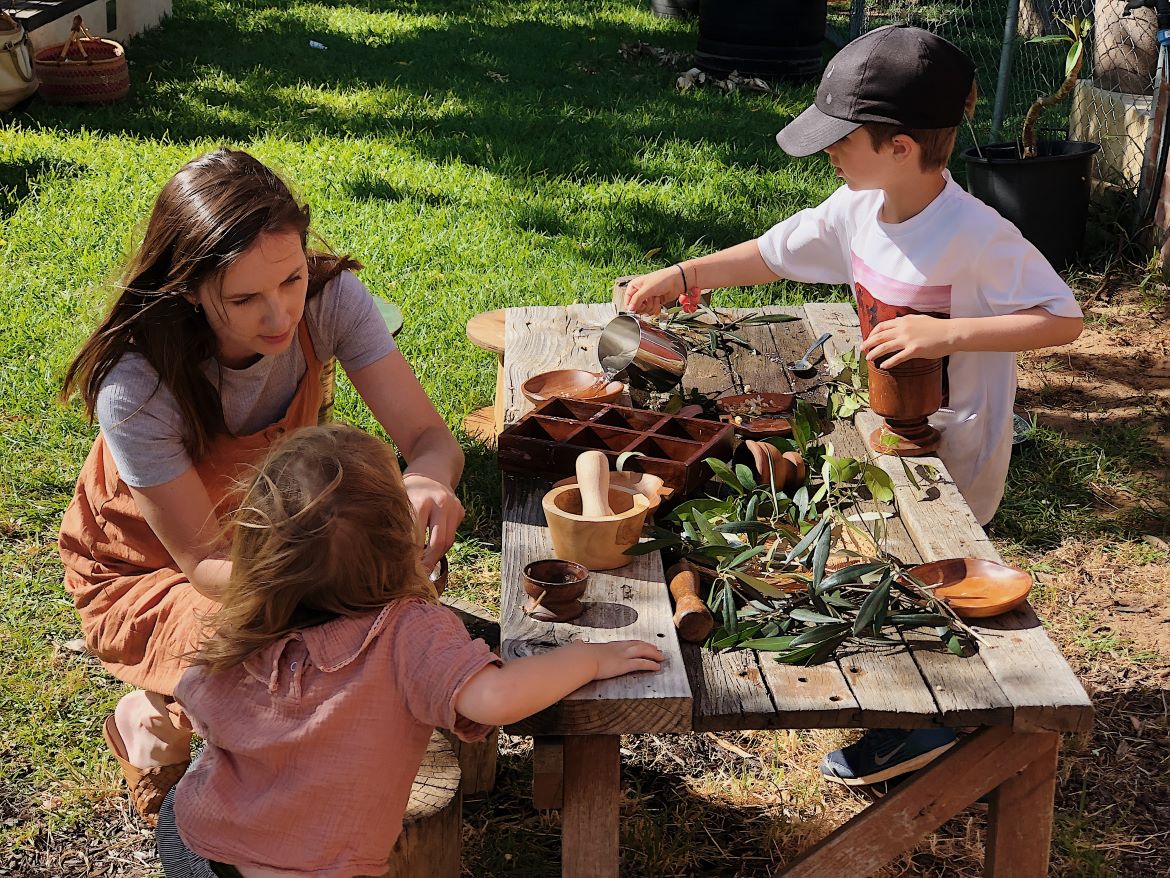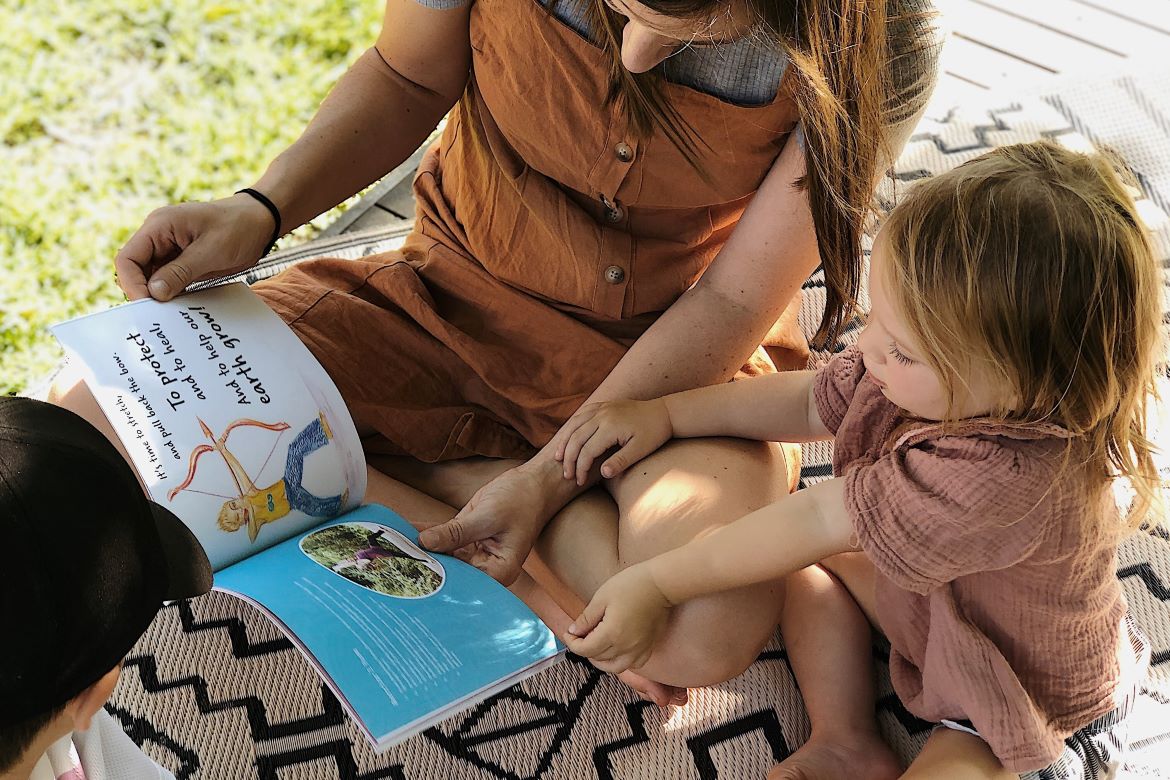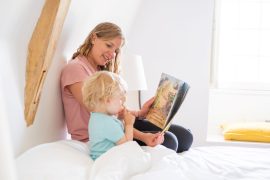Self-reflective, creative, intrinsically motivated beings with a balanced world view is the ultimate goal of holistic education.
Holistic education models celebrate the child for who they are, here and now. They acknowledge and support a child’s life experiences and barriers, while adopting a solution-focused mentality that works with the child to explore what works well, instead of placing an emphasis on what isn’t working.
Holistic education does not prescribe itself to a specific methodology, although philosophies such as Montessori, Reggio Emilia and Waldorf incorporate holistic education concepts through their emphasis on social and emotional learning.

Holistic education acknowledges that each child has their own learning style. ‘Success’ is measured independently, valuing a child’s own abilities: their passions, curiosities and personal goals, not against standardised testing and rigid curriculums.
Holistic education supports intellectual, emotional, physical, psychological, creative and spiritual growth. It is varied, flexible and its multiple layers mirror the complex nature of our very being.
Holistic education is a philosophy of education based on the premise that each person finds identity, meaning and purpose in life through connections to the community, to the natural world, and to humanitarian values such as compassion and peace. Holistic education aims to call forth from people an intrinsic reverence for life and a passionate love of learning.
Ron Miller
When growing a tree, you would not attempt to fix a damaged or broken branch by taping it back together. Instead you would likely consider the ground in which it grows and the nutrients it needs to flourish. Holistic education provides children with a space in which they can thrive while providing them with a freedom to be who they are meant to be in this world.












